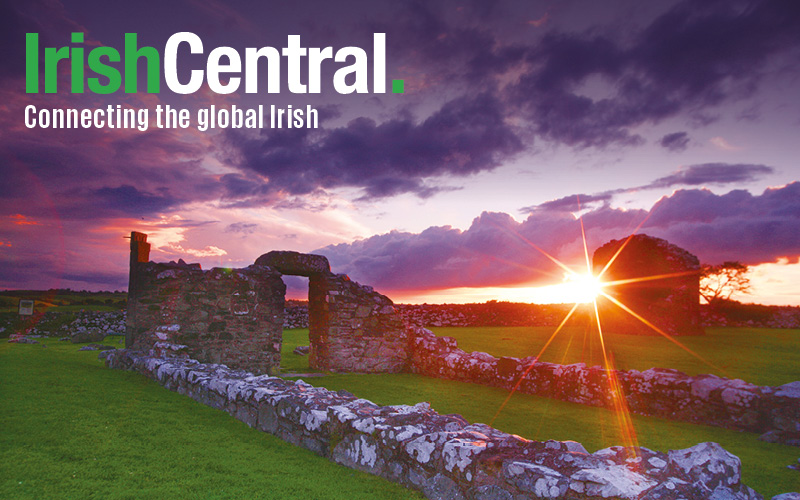1,500 licensed establishments have closed in Ireland over the past five years, according to a report published by the Drinks Industry Group of Ireland.
“This report covers the period 2004-2009 over which there has been a decline, but that decline has very much accelerated in the past 18 months or so,” said Kieran Tobin, chairman of DIGI, Monday.
Tobin added that 2008 was the worst year for the drinks industry in the last 25 years and this year is even worse.
The author of the report, Dublin City University economist Anthony Foley, outlined the bleak picture painted by the findings.
“This survey, which was conducted by Amarach Research via a telephone survey of a representative sample of 748 licensed premises, is the largest research exercise undertaken on the Irish on-licensed sector and reflects its economic and social impact.
“The overall picture is one of a sector suffering a period of sharp decline, with a large majority (70%) of all licensed premises surveyed reporting a decrease in net sales over the past five years.”
One of the major findings in the report is that one in three rural pubs doubt they will continue as a going concern once the current proprietor retires.
Tobin pointed to certain factors that have led to the decline in the industry.
“A reduction in disposable income caused by the economic downturn combined with the availability of cheaper alcohol products for purchase in Northern Ireland are clearly major contributory factors to the patterns recorded in the survey.”
DIGI is petitioning the Government to reduce the excise duty so that more jobs won’t be lost and more establishments closed.
“In advance of Budget 2010, DIGI is calling on the Government to recognize the contribution of an industry that employs over 85,000 people throughout all sectors (manufacturing, distribution, and sales in the on- and off-trades) and provides over €2 billion in excise and VAT and €1.2 billion in export revenues.
"Accordingly, the Drinks Industry is urging the Minister for Finance to reduce excise rates by 20% to restore some balance between our excise levels and those which apply in Northern Ireland.”




Comments